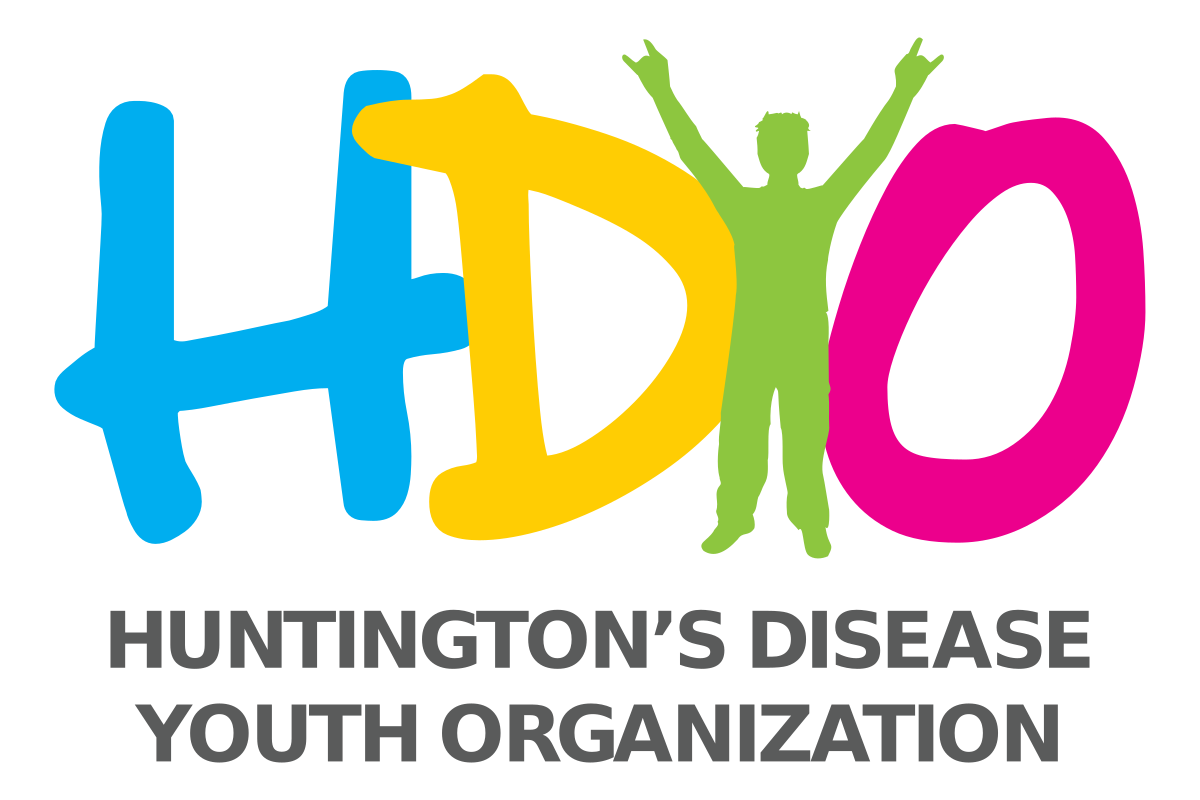Novartis Ending Development of Branaplam in HD
December 08, 2022

HDYO has more information about HD available for young people, parents and professionals on our site:
www.hdyo.org
Novartis announced they will be stopping the development of Branaplam in HD as addressed in the following community letter.
Although this news is extremely disappointing, it is a real example of the risks of testing new drugs and the importance of running clinical trials with the strident measures that exist to ensure patient safety. This drug came to HD from being tested in another disease, and by chance they found it lowered the huntingtin protein. The fact that it wasn't purposely built for HD in mind, may explain some of the adverse effects. This may feel like a set back for the community, but there have been several positive announcements from many other companies in recent months who are expanding their programs with new potential treatments. There remains a lot of hope for therapies for HD" - Dr. Lauren Byrne, Research Committee and Chief Investigator of JOIN-HD
December 8, 2022
Community update:
Status of VIBRANT-HD, the study of branaplam/LMI070 in Huntington’s Disease
Dear Huntington’s Disease Community: We are sharing this update to make sure you have the latest information regarding the clinical trial of branaplam in Huntington’s disease. Unfortunately, we are sharing the difficult news that we are ending development of branaplam in Huntington’s disease.
This difficult and disappointing decision follows an earlier suspension of dosing of the study drug branaplam in the Phase 2b VIBRANT-HD study in August 2022, after findings suggestive that it may have been harmful to the nervous system of some participants. The decision to permanently stop dosing branaplam in the VIBRANT-HD study was endorsed by the study’s independent Data Monitoring Committee (DMC), a group of experts who meet regularly to review unblinded data collected in the study. The decision was also endorsed by the VIBRANT-HD Steering Committee, a group of physicians who are experts in the HD field.
While reviewing the most recent data, we took special care to evaluate the signs and symptoms of peripheral neuropathy, which is what led us to temporarily pause dosing in August of this year. Peripheral neuropathy results from injury to the nerves located outside of the brain and spinal cord (peripheral nerves). The new data show that many, but not all, participants receiving branaplam in the VIBRANT-HD study showed signs or symptoms of peripheral neuropathy.
Here are some of the safety findings observed in the study: • Reports of symptoms consistent with peripheral neuropathy • Changes in the neurological examination and the nerve conduction studies (NCS) were consistent with peripheral neuropathy • Increases in Neurofilament Light chain (NfL), a protein that is measured in blood and spinal fluid which indicates injury or damage to nerve cells, which may be a sign of damage to the nervous system • MRI findings suggesting an increase in the size (volume) of a fluid filled space in the brain known as the lateral ventricle. No clinical symptoms have been attributed to these MRI findings to date
As expected, branaplam lowered mutant huntingtin protein (mHTT) in the spinal fluid. This is an important observation, as it is the first time an oral HTT mRNA splice modulator (how branaplam works) has been shown to lower mHTT protein in spinal fluid in people with HD. However, given the frequency of signals of peripheral neuropathy at this current dose of branaplam, it is very unlikely that lower doses or different dose timings would be safe, and lower mHTT sufficiently to slow disease progression.
The VIBRANT-HD study was designed to detect and assess early safety signals. Findings of neurotoxicity were seen in some animal species during early development of branaplam which led to the inclusion of robust safety monitoring in the VIBRANT-HD trial. This allowed us to detect safety signals at an early stage in the study, and to make informed, data-driven decisions for the program. It is not known why similar findings were not observed in the branaplam trial in children with spinal muscular atrophy (SMA), despite many years of treatment.
We will be gathering more data and information in the coming months to better understand these effects and are committed to sharing learnings with HD families, researchers, and other professionals in the HD community as we hope these findings will help inform future development of therapies for this devastating disease. Study participants who received branaplam will continue to be followed to assess whether there is resolution of the safety findings mentioned within this communication.
We know this is difficult news for the entire HD community, especially for those who participated in the study. We wish to highlight how grateful we are to the people participating, and their families. We will continue to work with HD patient organizations and professional societies to ensure the community has the most up to date information. We understand that clinical trial news can affect everyone in the HD community, including people living with HD and their families, researchers, clinical scientists, and physicians, but we also know that there is great hope in the work being done by so many. We sincerely thank the people living with HD, their families, and the investigators for their participation in the branaplam program, and all those in the wider HD community who are such valued partners.
Yours sincerely, Novartis
